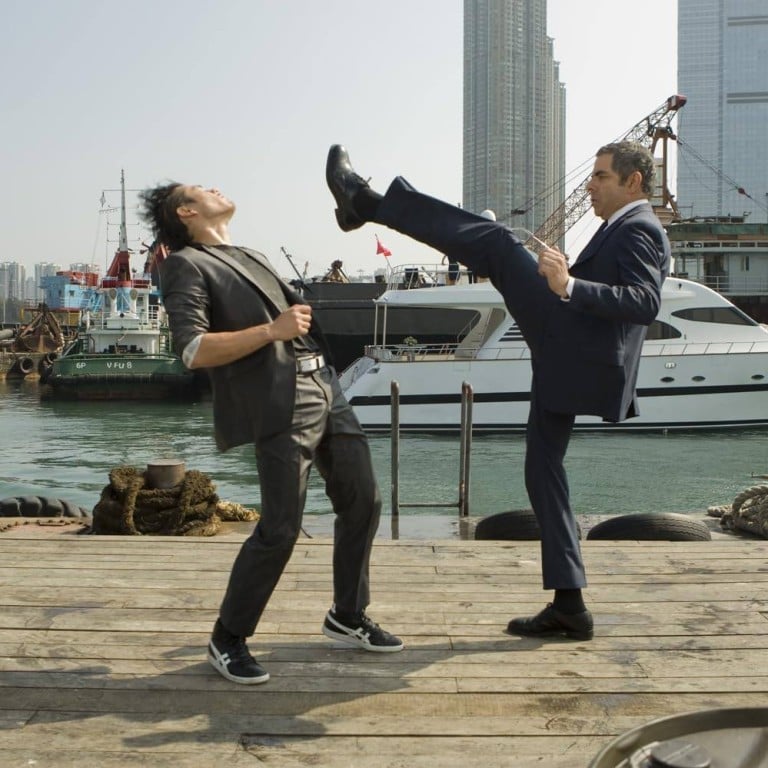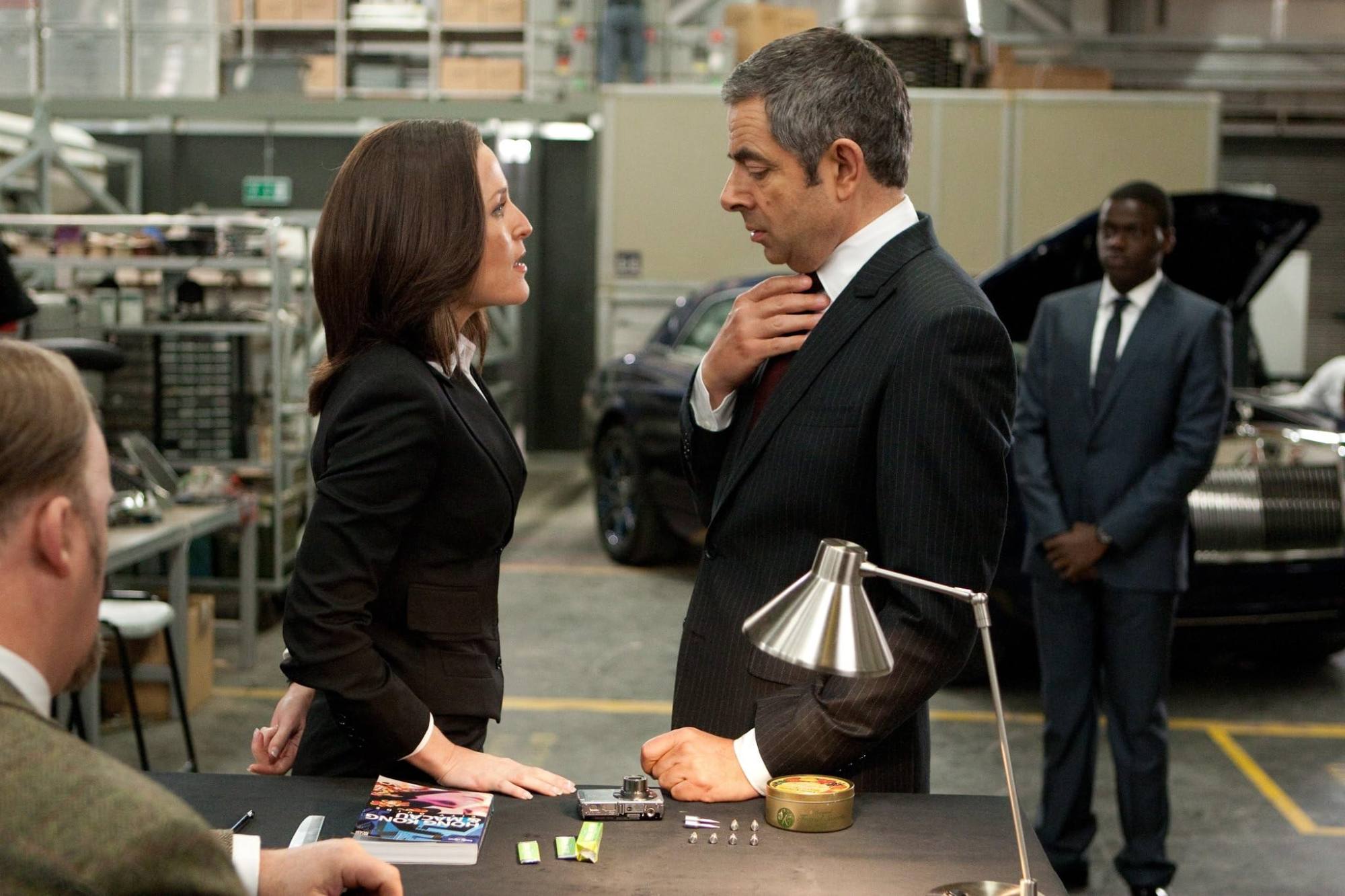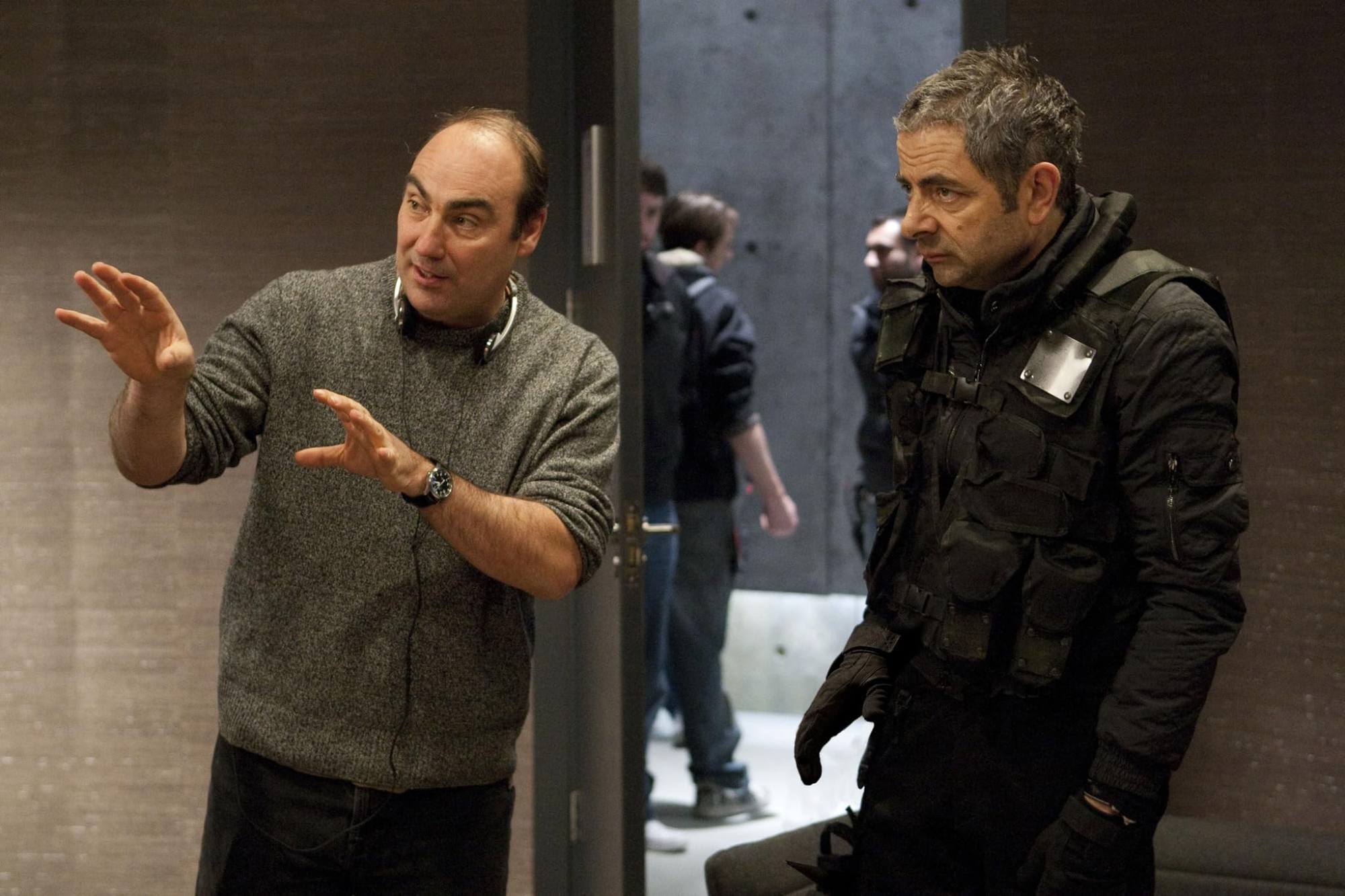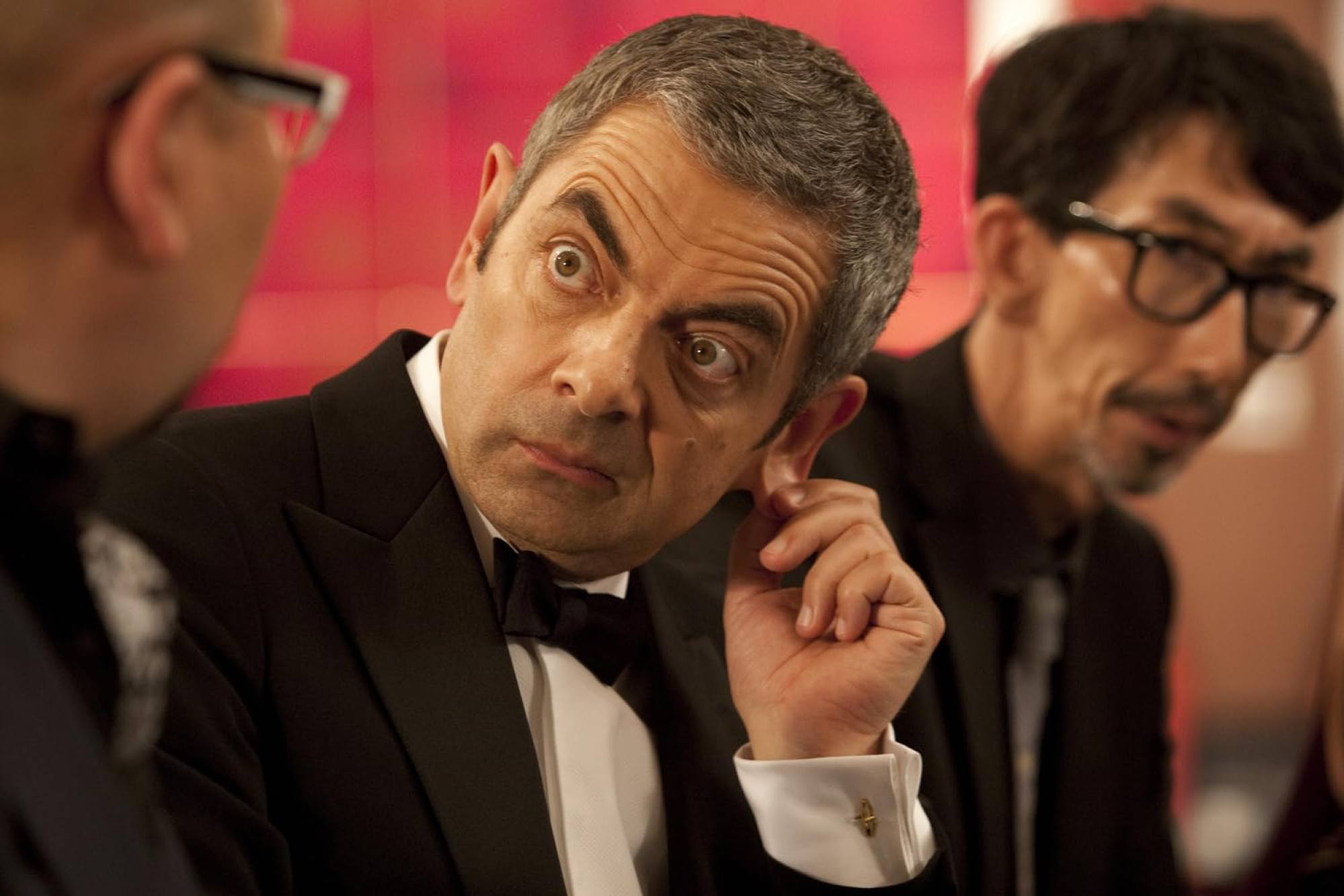
How Johnny English Reborn, 2011 James Bond parody starring Rowan Atkinson, went out of its way to draw Chinese film-goers
- Johnny English Reborn stars Rowan Atkinson, known for his Mr Bean character, and is the second in a series of spoof James Bond spy films
- English heads to Hong Kong to stop an attack on a Chinese premier, in a sequel that was meant to appeal to audiences in China despite being full of stereotypes
Of the many 007 spoofs, one of the more bizarre – and bizarrely popular – is the series of Johnny English films.
Based on a character from a Barclays bank advert and starring Rowan Atkinson, a rubber-faced British comedian best known for playing Mr Bean and TV’s Blackadder, the series comprises three films, made between 2003 and 2018, which grossed US$479.6 million at the box office worldwide.
Directed by Oliver Parker, the first sequel, Johnny English Reborn, sees the less than suave super-spy travel to Hong Kong, among other places, to prevent an attack on Chinese premier Xiang Ping (Lobo Chan).
Atkinson was already well known in Asia. “I’m very dependent on places like Hong Kong and the Far East …” he told entertainment news website Collider. “Mr Bean has established me and my reputation in those territories. He’s a relatively easy sell on the international stage because he doesn’t say much.”
The film begins with our disgraced hero returning refreshed from a Tibetan monastery for a new mission.
‘Unbelievable’: how Roland Emmerich’s 2012 broke Chinese box-office records
“The guns, the fast cars and the chauvinism are on the way out,” new MI7 boss Pegasus (Gillian Anderson) warns him. Fans will recall M (Judi Dench) telling Pierce Brosnan’s Bond something similar in 1995’s Goldeneye, but there’s still no sign of it actually happening.
English makes ableist comments to gadget guru Patch Quartermain (Blackadder stalwart Tim McInnerny); tells new sidekick Colin Tucker (Daniel Kaluuya) to carry his bags; and tries to woo behavioural psychologist Kate Summer (Rosamund Pike, herself a former Bond girl), who is at least 20 years younger than him.
What makes the film stand out from the crowd is its rose-tinted view of Sino-British relations. While it was common in the 2010s for films to court Chinese audiences, Parker and writers Hamish McColl and William Davies go several steps further than most.

Indeed, Johnny English Reborn seems to be invoking the spirit of pre-handover Hong Kong, complete with booze-soaked expats cheering on their hero as he fights a local assassin.
Atkinson said: “I hadn’t been [to Hong Kong] since 1987, when it was still a British colony,” he said. “The atmosphere had changed somewhat. It was a slightly less interesting place, in many ways. It felt a little more sanitised and cleaned up … like a huge shopping centre.”
Despite jokes about the UK’s integrity, with MI7 now sponsored by Toshiba (slogan: “Spying for you”), Britain has an overinflated sense of its self-worth in the film.

Concerned about the rise of nuclear weapons in rogue states throughout Southeast Asia, the British prime minister (Stephen Campbell Moore) is the only world leader required to have urgent talks with Xiang Ping – hardly a likely scenario.
At an earlier meeting he, like the film, pushes a wish-fulfilment myth of international cooperation. “Traditionally, China has been impervious to our concerns,” he says, “but I believe Xiang Ping, given the opportunity, can and will help defuse this situation” because of his “pro-West stance”.
This is soon given the lie when Xiang is revealed to be a short, balding, near-silent figure of fun, which can’t have gone down too well in China.

There are some home truths smuggled in between the high jinks. “I can assure you that the Chinese people have always regarded the British people as completely horrible … honourable,” says English, mistranslating Xiang’s words.
Later, Xiang says menacingly: “Traditionally China does not respond well to advice.”
In fact, China responded well to the film, which made at least US$40 million in the Asia-Pacific region and ensured, as the James Bond credits used to say, that Johnny English would return.

